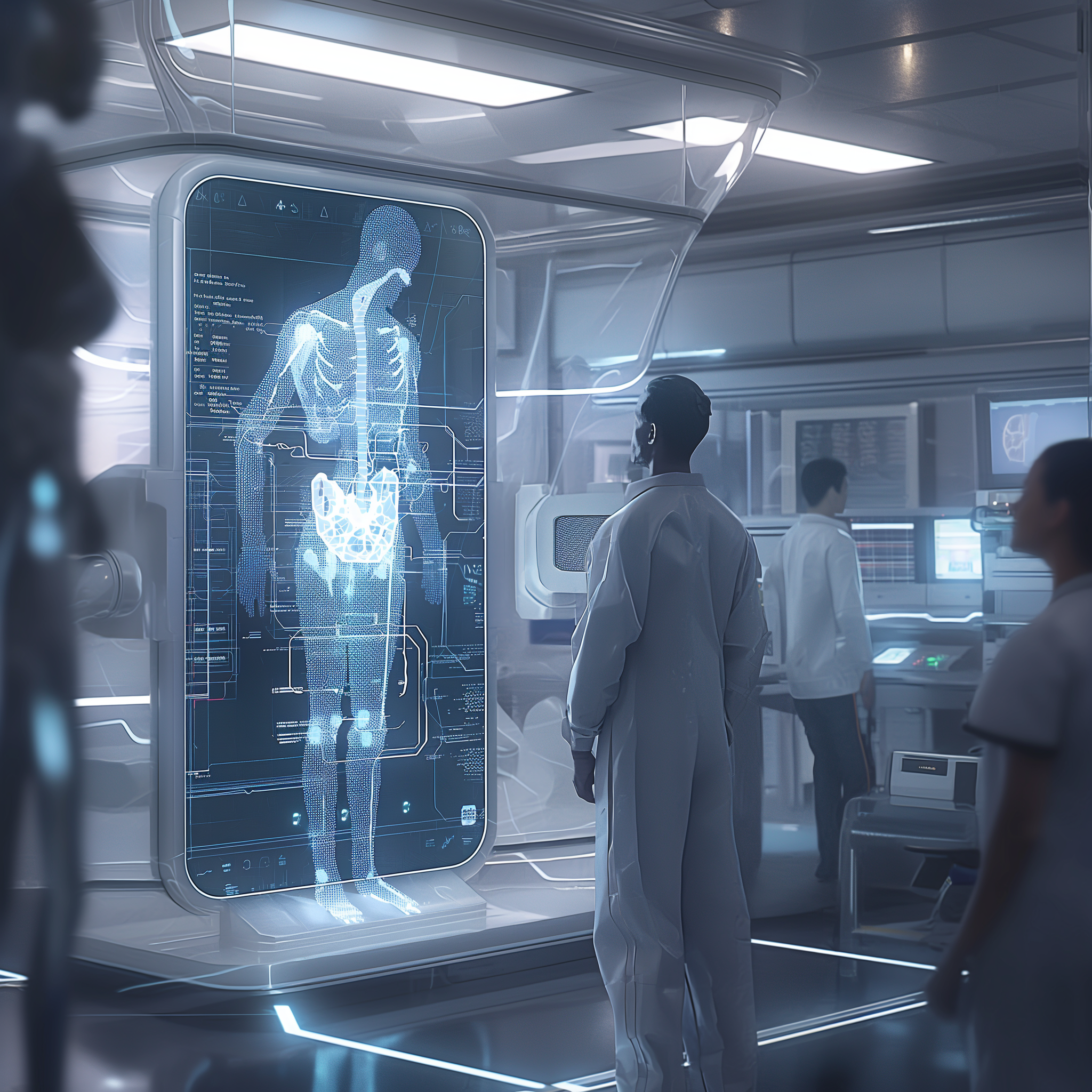What if the key to outsmarting cancer lies not just in medical breakthroughs but in artificial intelligence? As we navigate through an era where technology intertwines with every aspect of our lives, the role of artificial intelligence in medicine has been increasingly spotlighted. A recent study conducted by UCLA has unveiled groundbreaking results: AI’s prowess in cancer detection now surpasses that of human doctors, marking a significant milestone in medical diagnostics.
The UCLA research focused particularly on prostate cancer, revealing that AI could detect this cancer with an 84% accuracy rate, a dramatic improvement over the 67% accuracy rate achieved by human clinicians. This study utilized advanced machine learning algorithms to analyze complex patterns in medical imaging that are typically challenging for the human eye to detect. The methodology and AI technologies leveraged in this research offer a glimpse into the future of medical diagnostics, where precision and efficiency could significantly reduce misdiagnosis and enhance treatment outcomes.
The implications of these findings extend beyond just prostate cancer. AI’s ability to map cancerous tissues with such accuracy promises better treatment planning and potentially higher survival rates across various types of cancer. By examining gene expression patterns, AI tools are now being developed to assist in the diagnosis and treatment of multiple cancer types, showcasing a broad potential to revolutionize how medical diagnostics are approached.
However, the integration of AI into medical practice is not without its hurdles. Certain studies, including some from UCLA itself, have highlighted scenarios where AI did not significantly improve diagnostic accuracy. These instances underline the importance of continuous research and refinement of AI technologies in healthcare. Furthermore, ethical concerns such as patient data privacy and the risk of over-dependency on technological solutions remain topics of intense debate.
Economic and insurance aspects also play a crucial role in the adoption of AI in healthcare. Many AI-driven cancer screening programs are currently not covered by insurance, posing a significant barrier to widespread implementation. Despite the promising results, the financial burden of these advanced technologies may limit access to only those who can afford out-of-pocket expenses.
Looking towards the future, the ongoing research and development fueled by substantial funding and grants are set to further refine AI applications in healthcare. The potential of AI to transform cancer treatment is immense, but realizing this potential will require not only technological advancements but also supportive policy frameworks and continued investment in AI research.
As we stand on the brink of a new era in medical diagnostics, AI’s prowess in detecting what human eyes might miss paints a hopeful future. The journey of integrating AI into healthcare is just beginning, and continued support and research are vital to harness the full benefits of AI technologies in maximizing healthcare outcomes.


